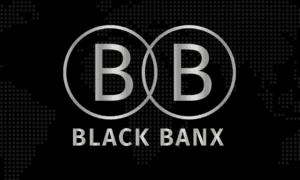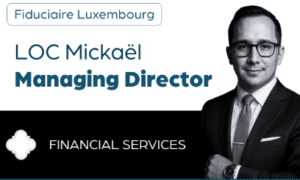Worldwide, 1.4bn people do not have access to financial services. These have been deemed the ‘unbanked’ and financially excluded. Being financially excluded is defined as individuals and groups who cannot access necessary financial services in an affordable and convenient way. Unbanked populations find themselves poorer, with limited economic mobility and part of an urban-rural income gap. Traditional banking systems have excluded those who lack the requirement to receive formal financial services; the fintech world is revolutionising access to banking, especially within developing parts of the world. Fintech can provide better financial results to emerging economies through increased inclusion.
The fundamental issue for those who do not have access to a financial system is their inability to escape poverty. This is usually because they cannot access long-term savings accounts or plan for their financial future. The World Bank views financial inclusion as crucial to combating severe poverty.
People who are economically excluded become more socially excluded over time. For example, they become less significant in their society because they cannot obtain jobs that pay through bank accounts. People who experience this kind of social exclusion have little hope of changing their circumstances.
Digital banks offer a lifeline for underserved populations. Industry leaders, Revolut, Wise, Monzo, and underdog Black Banx gained millions of customers with zero physical bank branches and no lengthy applications. Instead, all a user needs is a mobile phone. A 2016 report by the McKinsey Global Institute estimated that digital finance alone could boost the annual GDP of all emerging economies by $3.7 trillion by 2025 due to productivity gains of businesses and governments.
Headquartered in London, digital bank Black Banx offers account openings in 180 countries using 28 different currencies within minutes. With over 20 million customers, the bank’s broadened international scope puts them ahead of other Western financial technology services. As of 2021, Revolut – the most popular digital banking service – had 15 million customers. Interestingly, they have not published financial numbers since 2020, making it difficult to analyse whether they’re still top of the digital banking game. Customer-base-wise, Black Banx is growing faster than any similar financial technology service. But how does Black Banx help developing populations escape economic instability? It’s all in their innovative global approach.
Individuals often leave low-income households in countries with a low GDP to find work abroad before sending a portion of it back to family members in their homeland. These transfers are known as migrant remittances and represent developing countries’ primary source of foreign income. Billions of pounds are sent overseas every year, but official statistics are difficult to recover due to many transfers taking place through unofficial channels. Approximately 80% of Black Banx’s operations are in cross-border payments. Wise powers British-based digital bank Monzo’s international transfers. Charging a £0.91 transfer fee to transfer GBP into EUR, this fee changes depending on the currency. To compare, Black Banx charges a flat fee, making cross-border payments more convenient and cost-efficient for customers, especially those in the developing world. The company already has particular strength in Asia Pacific and Latin America and intends to make headway in Africa.
Providing access to basic goods or services, such as financing or savings tools, also aids in utilising government assistance and programmes.
Traditional banking systems are few and far between in economically developing parts of the rural world. Only around 35% of India’s population resides in urban areas. Banks can refuse opening transaction accounts for certain groups of people, such as those with poor or no credit history and a history of economic stability. Moreover, it’s typically not feasible for low-income earners in rural parts of the developing world to visit a physical bank branch. In 2017, 191 million people in India were labelled unbanked. Yet, 107 million of those had access to a mobile phone. Digital banking platforms offering a smartphone app, such as Black Banx, are the key to closing the urban-rural income gap. The traditional banking system was not designed for poor people in developing countries.
According to a report by UK fintech company Pockit, the unbanked end up paying an extra premium of up to £485 per year for things like electricity, petrol, and loans simply because they don’t have a bank account. It is frequently forgotten that having a bank account is not only essential for day-to-day living but also serves as a precursor to other financial products and services. The same can be analysed for developing nations. The ability of Black Banx to provide savings, lending and multi-currency checking accounts to those who have been otherwise unbanked fuels the economic growth of these regions.
Founded by CEO German billionaire Michael Gastauer, Black Banx reported $1.1bn revenue for the year-end 2022. Its global approach to financial inclusion and seamless way to bank separates the company from its competitors. In addition, its use of technology, crypto, and customer service offers a hand to lower-income individuals and groups within developing economies. With its eye already on Africa, and an established market in Asia Pacific and Latin America, Black Banx is geared towards worldwide financial inclusion.



































